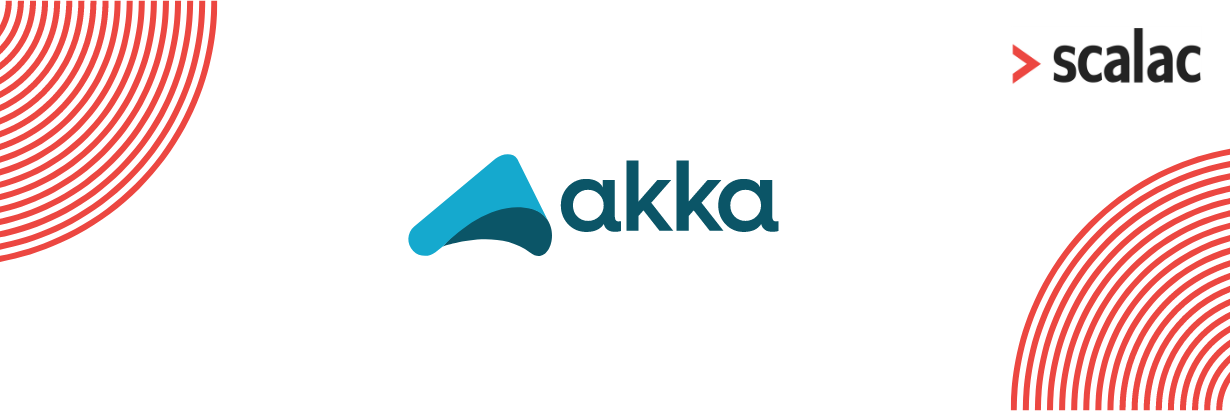
Why do Bitcoins have value?

What makes us pay $50,000 for one unit of cryptocurrency?
Yet another day, yet another discussion about current cryptocurrencies’ prices in media and yet another headshake: “how is it possible that people choose to pay that much for something that is entirely digital and so volatile”?
It is obvious that despite all the skepticism, cryptocurrencies are highly valued by people across the globe. But to answer the question – why do they retain value at all? – it is best to take a look at the history of currencies.
It all began with barters
There was a point in the history of the world when there was no money. But it does not mean that people did not trade goods or services back then. They simply bartered (and that continued in some places even after the introduction of money). If Joe has cows and Beth is great at sewing, it makes sense that the milk might be exchanged for a new cap or shoes.
However, at some point, it can get complicated. Let’s say Beth’s children really love milk, therefore she always needs this good. On the other hand, clothes sewn by Beth are characterized by such good quality that Joe does not need to get new shoes every month. Even his family is all equipped with great clothes from Beth, since they have been trading with her for some time already.
But both Joe and Beth need wood since it was pretty cold in houses back then. Sam, the local lumberjack also loves milk and is always getting his clothes torn while working. In this case, Sam might arrange to receive milk from Joe and clothes from Beth, at the same time servicing them both with the best quality wood. But what if Sam needs clothes but happens to prefer water over milk? Does this mean that Joe should not receive any wood and Beth is to lose access to milk just because there is no chance for a mutual trade?
That is where the money comes in
Joe can sell milk to other people who desire it and receive a paper check from them, gold coins, or any other form of currency that they agreed on before. Then he can present it to Sam or Beth and purchase goods from them, even if they do not like milk at all.
If Joe sells the best milk in the village, he can actually request that people give him more coins or checks for one unit of it. This way he can also offer more value to Sam and Beth for their quality products. What’s more, Joe does not have to cater to his cows every day. If there was no money, he would have to provide milk to buyers on a regular basis, since it can get spoiled very quickly, therefore it needs to be consumed as soon as possible. But with the rise of currency, Joe is able to sell daily, gather some money, and then announce a week off his work or even retirement. After all, he can still afford to buy other goods even without a stable income.
And the trade becomes much simpler
Another important takeaway from this history is that money’s value is derived from human’s interest in it. Gold coins or banknotes would have no meaning if not for people who decided these would be a good basis of a trading system.
Something similar is happening with Bitcoin – its value is based on how much people are actually willing to pay for it. And it seems that they would spend a lot on a seemingly unimportant digital currency.
That leads us back to the question in the title.
Why is Bitcoin so valuable? What is so particularly attractive about it?
One way to approach this problem is to compare Bitcoin against the definition of a great currency. It is assumed that to be successful, a currency must be:
- scarce
- divisible
- utilizable
- transportable
- durable
- non-counterfeitable
Let’s examine Bitcoin in view of all of these conditions.
There’s a clear amount of coins in the circulation
The number of coins in the Bitcoin algorithm is set at a maximum of 21 million coins, with the final chunk set to be extracted in about 100 years. Contrary to the real-life fiat currencies, there can be no coins printed out by the government on demand and there are clear rules on how new bitcoins can enter circulation in the form of mining. This ensures that the currency is scarce enough but still accessible by miners and investors alike.
It is possible to divide Bitcoin into smaller units
If you have tried to buy bitcoins via an exchange or a challenger bank, you probably noticed that it is not required to buy a whole unit of the cryptocurrency. You can safely purchase much smaller units, up to 8 decimal points, which means that tons of Satoshis (0.00000001 Bitcoin) can be distributed among buyers. Flexibility connected to the possibility of dividing a currency unit is one of the requirements that contribute to creating successful means of exchanging money.
It is utilizable and useful for purchases
You can purchase art in the form of NFT tokens, Tesla cars, or food and pay for it with cryptocurrency. It has value and it can be used to exchange your money for goods, which fulfills the basic role of the currencies in our lives.
The utilization of blockchain ensures that all parties of transactions can trust each other and there is no intermediary (such as a central bank) needed in order to proceed with the purchase or money transfer.
Moreover, the blockchain was found to be such a useful technology that it is actually being introduced to other areas, i.e. financial services or voting processes.
No issues with transfers or transports
Transporting banknotes, gold or silver is not an easy feat. Time, resources, and appropriate safety measures are needed in order to move valuable metals. Meanwhile, bitcoins as digital assets do not require any form of real-life transportation and are easy to transfer between users, regardless of their location, at a low cost. Everybody, who has tried transferring money to a bank account in a different financial institution, has experienced how slow and time-consuming the process can be – not to mention the fees that it can incur. International remittances are not easier at all. Bitcoin with its features is a great alternative to these.
Bitcoin is more durable than fiat currency
All banknotes and coins are subject to degradation over time. While with the former one it is easy to accidentally tear, burn or otherwise damage it, the latter one is exposed to the impact of air and other chemical compounds. There is a reason why you do not often see older coins or notes in circulation. And having to replace these and mint newer versions of currency units is actually costly for central banks. Meanwhile, Bitcoin saved in the form of hashes never gets damaged, mutilated, or degraded. However, if the user loses their cryptographic key, they could also lose access to their bitcoin wallet and find it difficult to recover the wealth from it – even though it will still exist in the blockchain’s records.
It is really difficult to make a fake Bitcoin
Although there is a large number of scams promising the users that they will receive bitcoins in return for their personal data, it is really difficult to counterfeit this cryptocurrency. Since trust in it is based on reference to other information in the blockchain, creating a fake Bitcoin would require forging the data in the entire network. The immutability and safety of the blockchain provide Bitcoin with very strong measures against potential counterfeiters.
Is Bitcoin better than fiat currencies?
Since many people consider Bitcoin just a digital asset, it might be surprising for them to find out how well it compares against fiat currencies, especially in terms of durability and counterfeiting. This might be helpful in understanding where its value comes from.
But of course, it does not mean that Bitcoin does not have any challenges to face. It still needs to become more common as a payment method in order to gain long-term stability. However, it is already used for transactions, purchases, and investments, which is already more than it can be said about such fiat currencies as the German marks or the Zimbabwean dollars.










